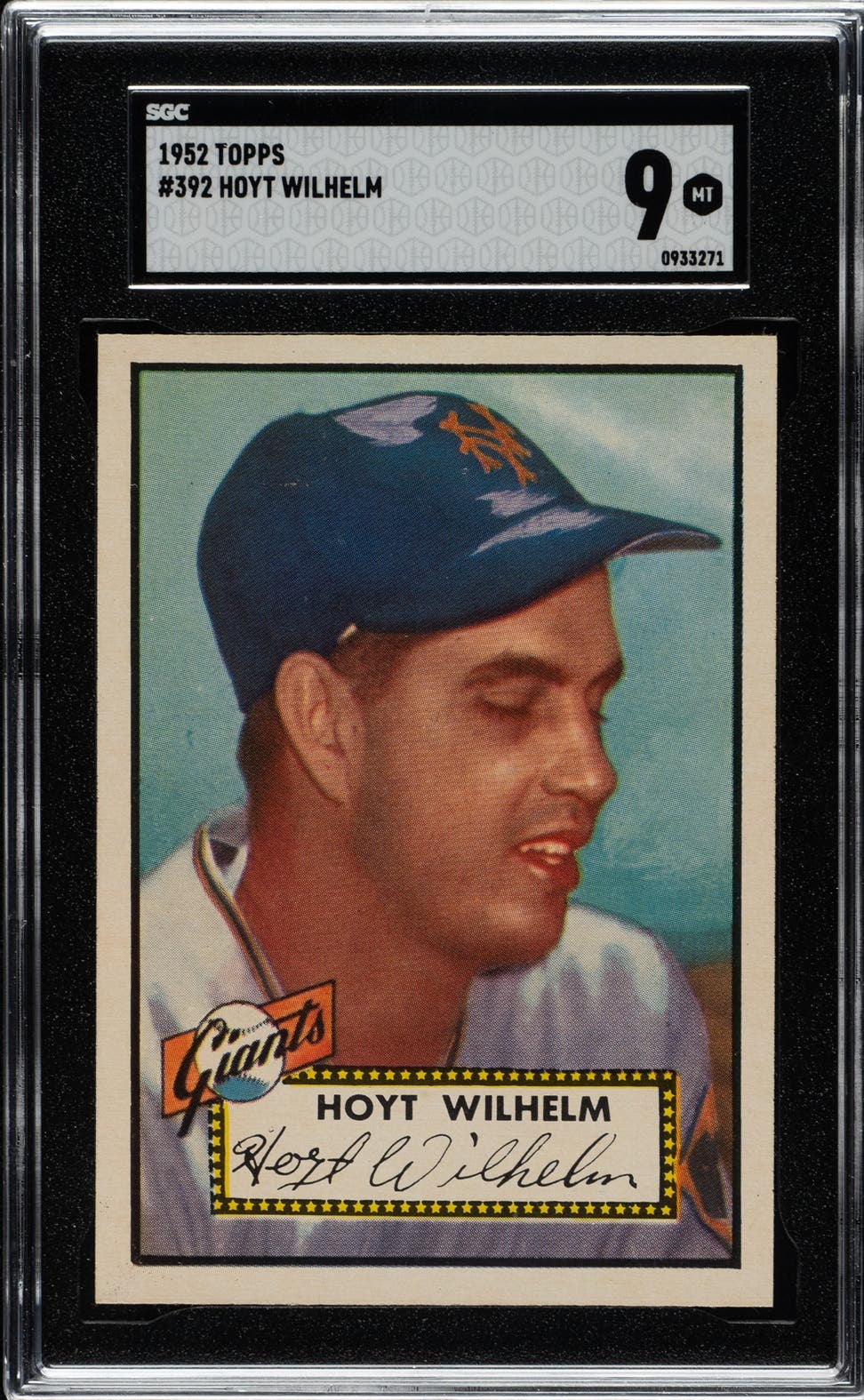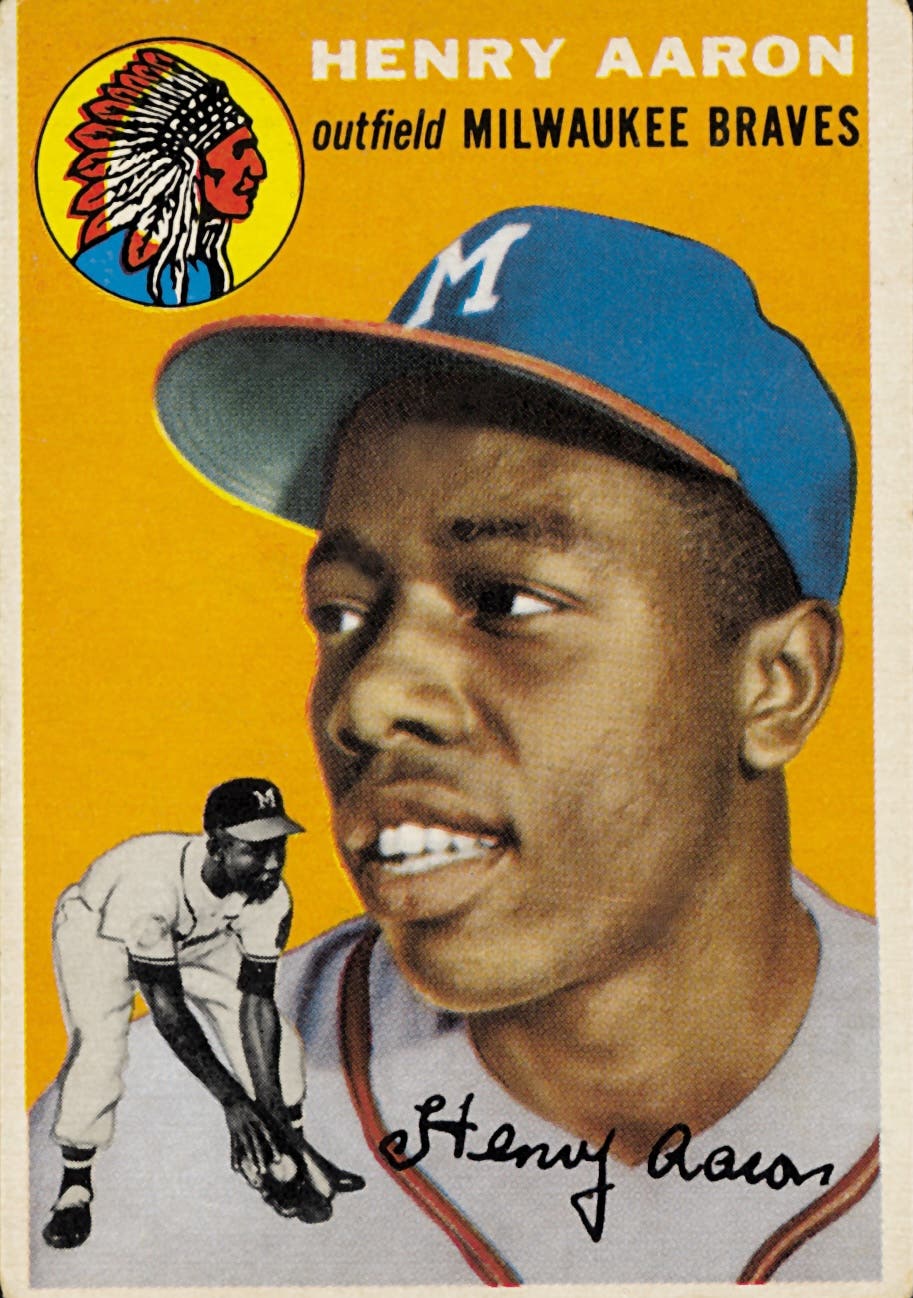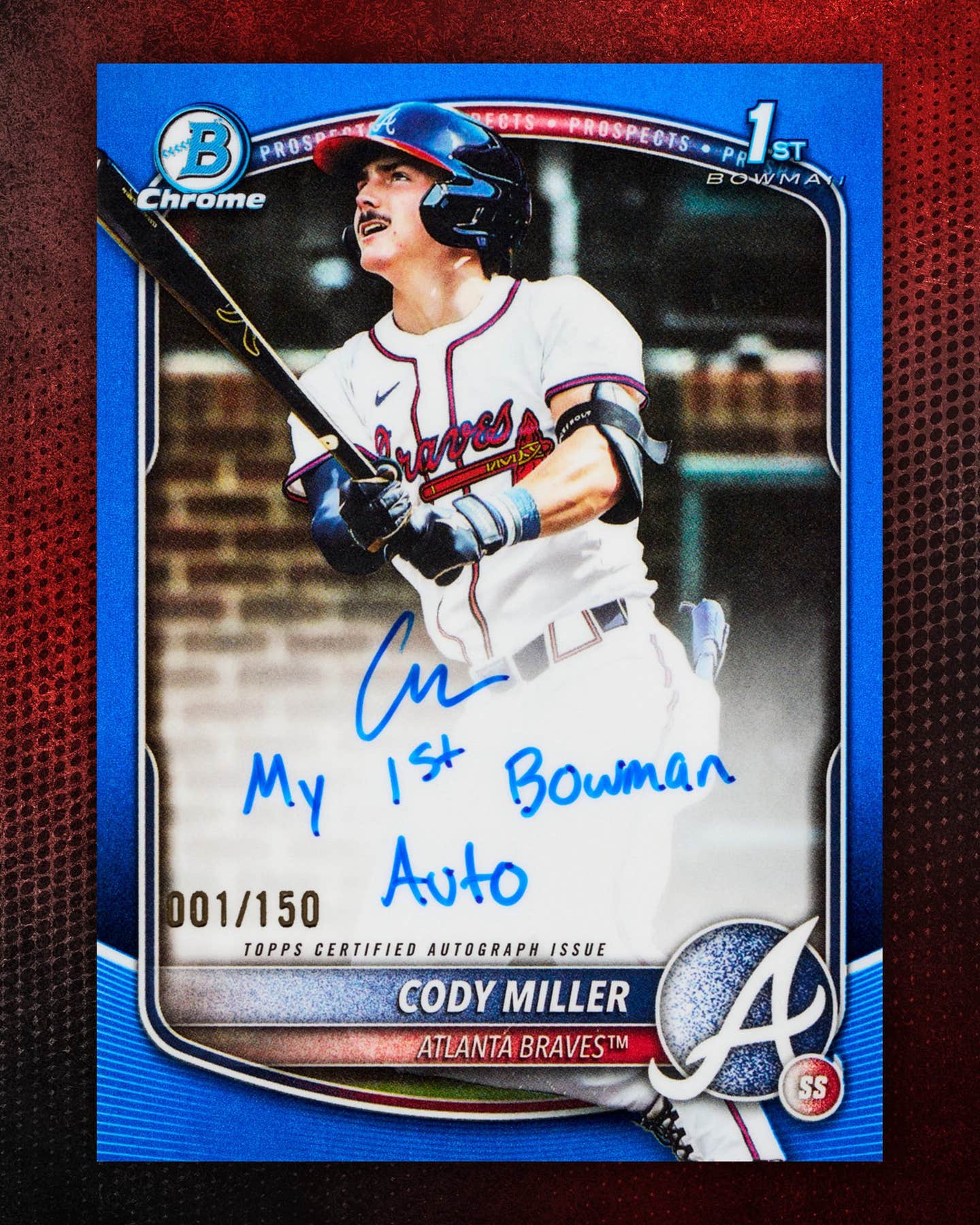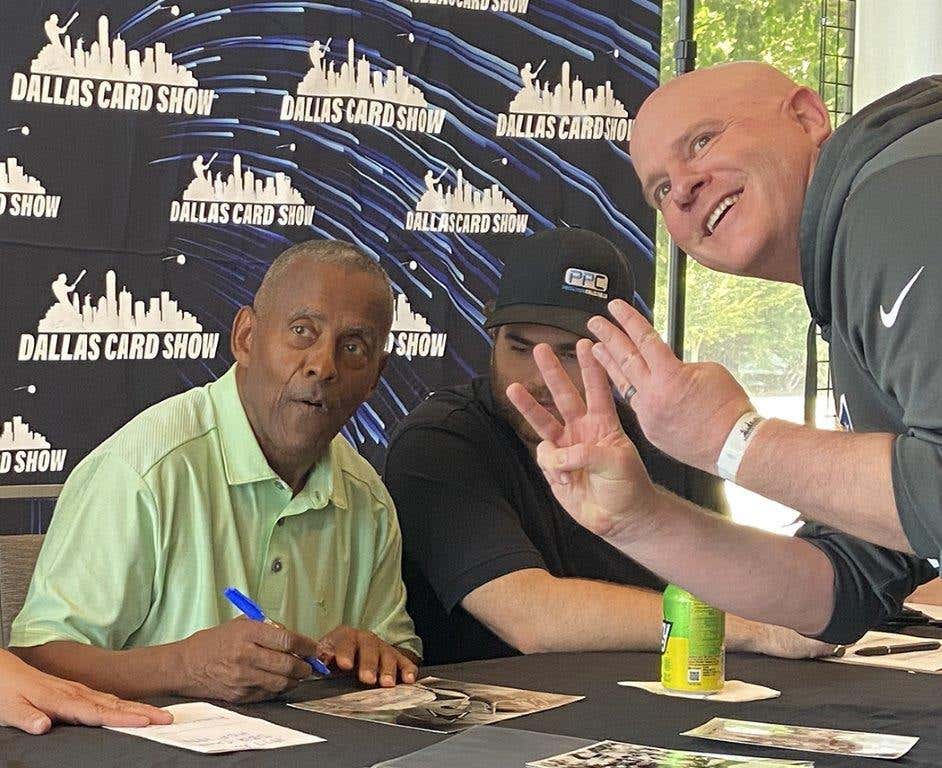News
Tom Hamilton has become the voice of the Cleveland Indians
By Greg Bates
Tom Hamilton doesn’t like to be in the spotlight. In fact, he shies away from it. Hamilton found himself front and center on Aug. 1, 2014. The Cleveland Indians were honoring their radio play-by-play broadcaster for his 25 years as the voice of the team.
“For me it was a little, I don’t know if uncomfortable is the right word,” Hamilton said. “To me, the game’s about the players. It’s not about the broadcasters. People pay the money to come see the players play, so that was kind of a weird spot to be in. I was very grateful for them doing that.”
During the Indians’ game on that August evening, Hamilton’s calls of his top-10 moments at Progressive Field were played on the big screen at the ballpark. Unfortunately, Hamilton didn’t get to watch his famous calls.
“They were doing those between innings and whatnot, and I’m not really paying attention, because I’m focused on the broadcast itself,” Hamilton said.
Hamilton is the consummate professional. He doesn’t let anything get in his way of preparation for pregame, in-game or postgame.
That’s not the first time Hamilton has been honored by the Indians. In 2007, Hamilton was part of a bobblehead promotion by the team. Hamilton said having a bobblehead is “a little weird.” He reiterates the game is about the players, and he doesn’t need to get recognized for doing his job.
Did the bobblehead at least resemble him?
“No. I think all bobbleheads look alike,” Hamilton said, laughing.
Hamilton, 61, started in the booth with the Indians in 1990 and called his first eight years in the big leagues with former legendary Indians announcer Herb Score. It was Score, who was the Indians’ radio play-by-play guy for 30 years, who taught Hamilton so much about working a game.
“You can’t let a ball club’s record dictate the broadcast,” Hamilton said Score used to tell him. “Once the game starts, the record means nothing. It’s all about that game. It’s all about that broadcast.”
Once Score retired following the 1997 season, Hamilton took over the play-by-play duties. Hamilton cherishes the time he got to spend behind the mic with Score.
“I was very lucky,” said Hamilton, who is in his 27th season with the Indians. “Herb was really good to me and he was a great first partner to have because you could learn so much from him and he had great advice about the job and whatnot. Plus, he was such an iconic figure in Cleveland and I think it certainly helped my acceptance with Indians fans in the fact that I was working with him.”
Hamilton, a 2009 inductee into the Cleveland Association of Broadcasters Hall of Fame, grew up listening and idolizing some of the best broadcasters in the industry, including Earl Gillespie, Gary Bender, Merle Harmon and Bob Uecker. Those smooth-calling broadcasters played a big influence in Hamilton pursuing a career in the industry.
Another legend of the booth that Hamilton has had the honor of picking his brain is Los Angeles Dodgers play-by-play guy Vin Scully. The Indians don’t play the Dodgers too often in interleague action, but a couple years ago when Cleveland was in Los Angeles, Hamilton had a chance to go to the booth and visit with Scully.
The 88-year-old recently finished his final season after working 67 years as the team’s announcer.
“He’s the best that ever was and ever will be,” Hamilton said. “There will never be anybody that’s as good as he has been. Fans have been lucky to have him do it as long as he has done it. It will be a sad day when he hangs them up. He’s earned that right. An incredible career, and he’s every bit as nice a person as he is a great broadcaster.”
When Hamilton listened to Scully call a game or tell one of his interesting, in-depth stories on air, Hamilton is sucked in like a regular fan.
“It’s always a treat to hear him,” Hamilton said. “I have great respect and admiration for what he’s been able to accomplish, and I always treasure the few times I get during a season to hear him do a game.”
Moving up through the ranks
It wasn’t the easiest of roads to the big leagues for Hamilton. The Waterloo, Wisconsin, native made a quick stop in Shell Lake, Wisconsin, in his early years, before heading to a radio station in-state in Watertown. He was able to call a lot of high school football and basketball games and hone his craft.
Hamilton then moved on to Appleton, Wisconsin, in the late 1970s where he was able to call about 25 Appleton Foxes minor league games per season and get his first taste of professional baseball.
“For me, that was one of the best periods of my life as far as getting to do high school games,” Hamilton said. “It meant so much in that area and Friday night was such a big deal in that Fox Valley area.”
In 1982, he moved to Milwaukee and worked at a station calling University of Wisconsin football games. Hamilton’s last stop before the majors was in Columbus from 1987-89. His primarily gig was as a broadcaster for Ohio State University football games. However, he volunteered to call Columbus Clippers Triple-A games because it could get his foot in the door for a potential major league job.
On Jan. 12, 1990, Hamilton got the call from the Indians.
“I was fortunate because that was the only time I’ve ever applied for a major league job and was fortunate enough to get it,” said Hamilton, who calls college basketball games during the offseason for the Big Ten Network. “It’s one of those dreams come true when you get a major league job. It’s something you never take for granted.”
A couple years ago, someone in the Indians organization tracked down Hamilton’s audition tape from when he got the Indians job, and Hamilton was floored by how he sounded.
“When I heard that I was like, ‘How bad were the other 250 candidates if that tape got me the job?’” Hamilton joked. “You kind of cringe when you hear material from your early years.
“You hoped you’ve got better.”
Hamilton after 27 years in the big leagues, said he is more polished, makes fewer mistakes and is more accurate and descriptive on the call. He’s constantly learning.
“I think you always try to learn and you always try to get better,” Hamilton said. “When you stop doing that, it’s probably time to retire.”
A fan favorite
Hamilton has become an iconic voice in Cleveland. He’s a fan favorite, that’s for sure.
It’s not uncommon for Hamilton to receive some old-school fan mail to the stadium stating how much he’s loved the Indians diehards.
“You hope people enjoy what you’re doing,” Hamilton said. “If they didn’t, you wouldn’t have the job. That’s kind of what it comes down to.”
Jim Rosenhaus has been Hamilton’s radio partner for the past five seasons. He has witnessed how much Hamilton is admired by fans.
“As the [Indians] roster has turned over, Tom’s been that one constant that people can identify with,” Rosenhaus said.
Hamilton is great at relating to the listeners and helping them envision exactly what just transpired on a play. Hamilton is the eyes of the people’s, Rosenhaus said.
“When we win on a walk-off at home, the way he captures the moment is just tremendous,” Rosenhaus said. “You can’t help but get chills. … He’s very good at calling it and you know what happened on the play. Sometimes if it’s a big play it gets so exciting that you might lose track of it, but he never does.”
Hamilton doesn’t have a signature call – what comes out of his mouth during the intensity of a game is always off the cuff.
“To me, if you just start trying to have a signature call or make a certain call that you want to follow – the key to play-by-play is that it’s an ad lib and there is no script,” Hamilton said. “If you try to script it, you’re going to fail miserably, and I think the audience will recognize that. You have to be spontaneous.”
Hamilton has had many great calls this season as the Indians won their division. With the Indians in the pennant race all season, it’s been a fun year for Hamilton.
“There have been a lot of come-from-behind, late-inning wins and some unexpected performances from players that I don’t think anybody envisioned,” Hamilton said. “You really relish these kind of years, because you know it’s not a given that it will happen again next year. You need to enjoy it when it is happening.”
Coming into 2016, the Indians had been to the playoffs just eight times during Hamilton’s tenure with the team. Did it catch Hamilton by surprise that the team has done so well?
“I thought they had a chance to have a good season because of the starting pitching,” Hamilton said. “If you have good starting pitching, then you have a chance to be a contender and a chance to win every night. ... I thought it was a ball club that certainly going into the season had a chance to have a good year. It’s not like this was totally unexpected.”
The city of Cleveland has been abuzz with its sports teams since the Cavaliers won its first NBA title in June. The Indians players were very supportive of the Cavaliers during their playoff run, and Hamilton noted the Cavaliers have been big backers of the Indians all season.
“It’s been a good time for the people that are fans of the Cleveland sports teams, at least for the NBA and Major League Baseball. We’ll see how it goes this fall,” Hamilton said. “It was a big deal for the city with the parade after the Cavs championship. They’d kind of like to build on that, if possible.
Hamilton calls the Indians fans a devoted group of people. They are fans through the hard times and the winning seasons.
“Just because it’s a Midwest city and usually those are people that grew up in that area or in the state,” Hamilton said. “It’s kind of a generational thing. I would say, they’re people that live and die with it. It’s always the best kind of fan to have rather than the apathetic fan.”
Hamilton loves the fans and doesn’t have any plans to step away from the game he also loves, even though he’s logged more than three decades in the booth.
“You want to keep doing it as long as you enjoy it and it’s still very enjoyable, so I haven’t thought much about how long I want to do it,” Hamilton said. “I don’t want to be one of those people that’s 80 years old and still traveling. I want to be able to enjoy retirement years with my family.”
Hamilton plans to stay in Cleveland the rest of his career, just as long as the fans and the team want him calling the games. Hamilton is still young in his early 60s with plenty of time behind the mic.
Can Hamilton make it to 88 like his role model Scully?
“I haven’t even given that a thought,” Hamilton said. “I just take it day by day. I’m happy to have the job.” u
Greg Bates is a freelance contributor to SCD. He can be reached at gregbates@gmail.com.








